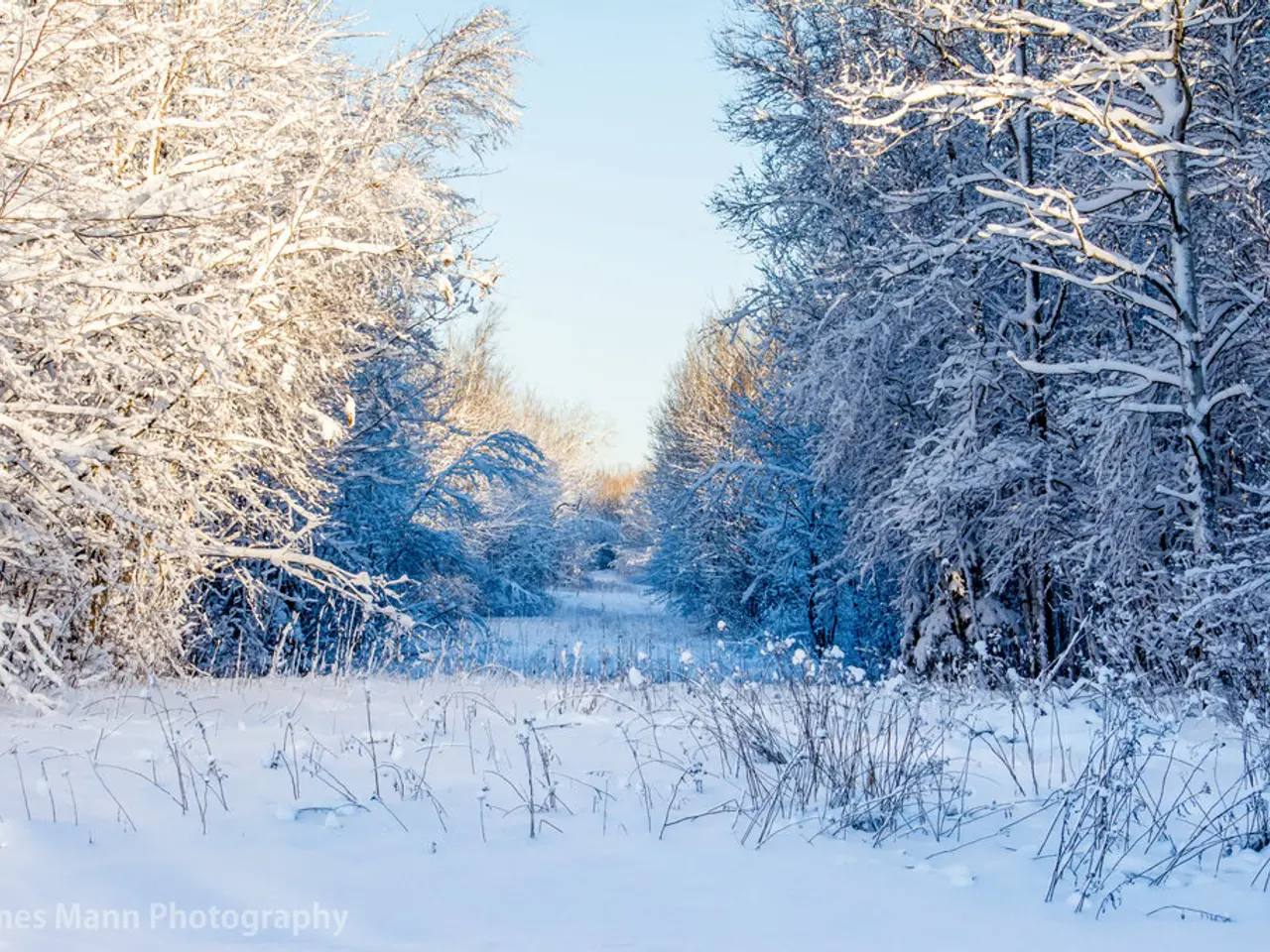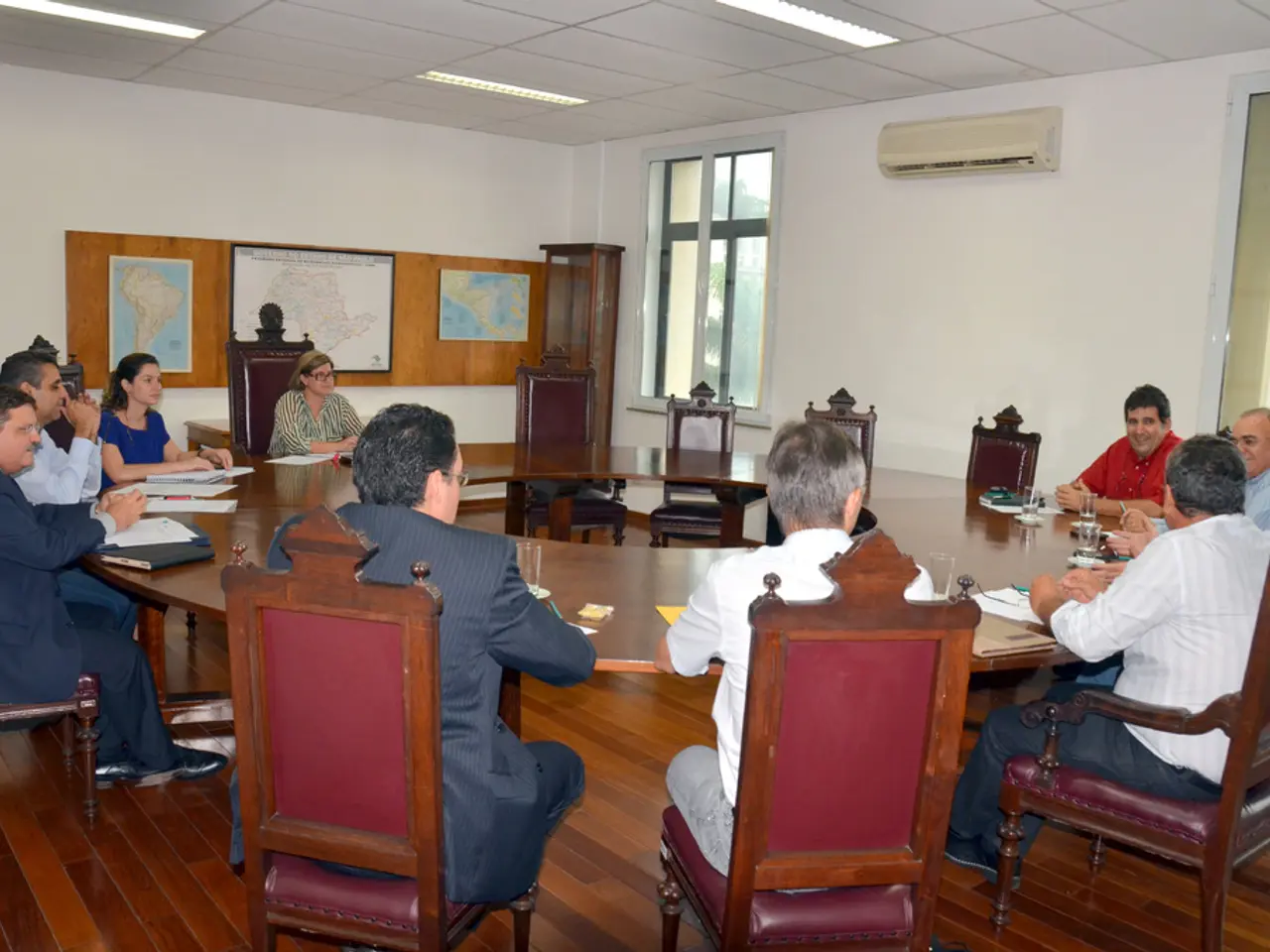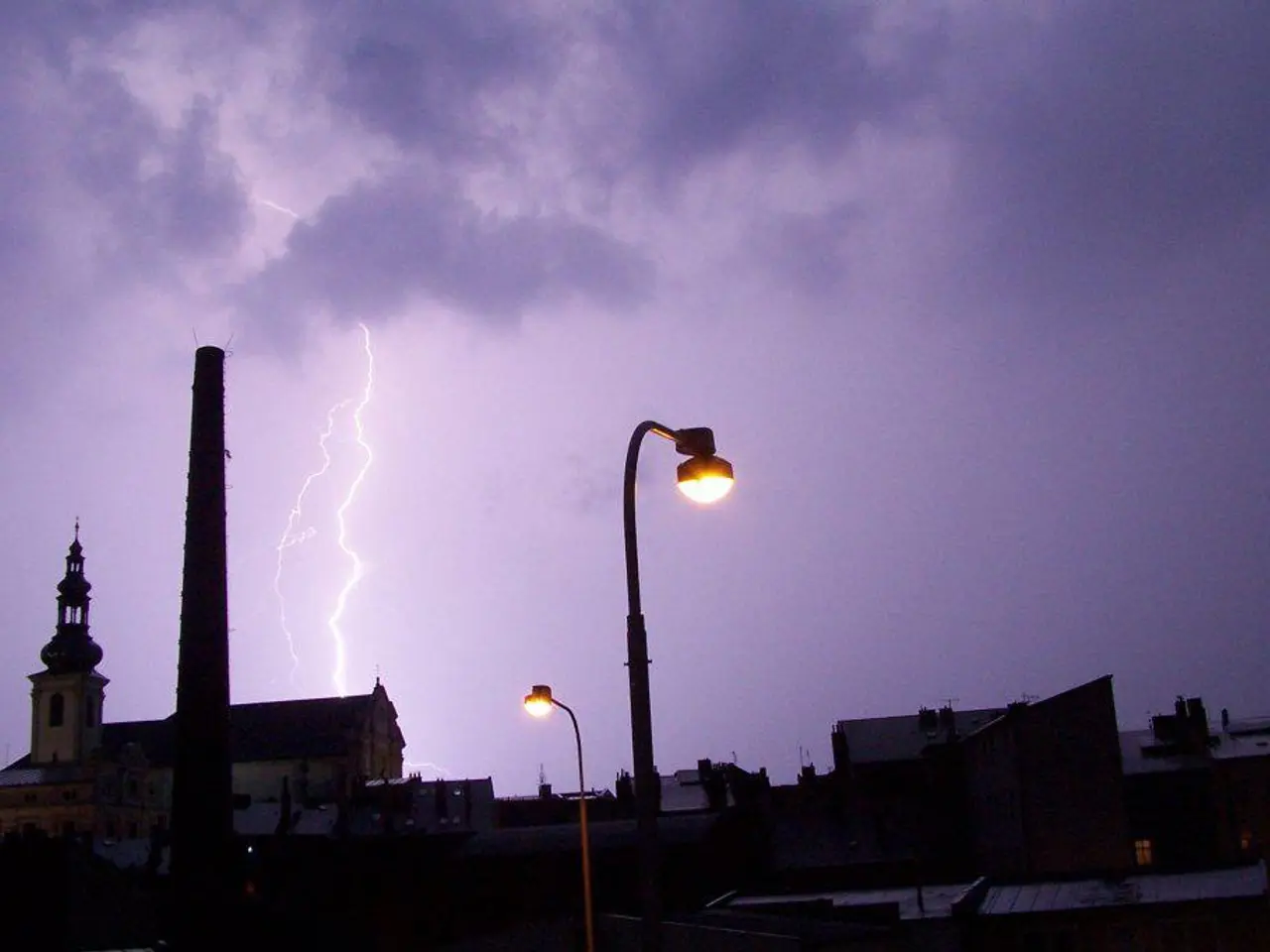Moscow braces for a scorching 40-degree heatwave, according to the meteorologist's announcement
Rising Temperatures Predicted for Russia: What This Means for the Country's Future
Stay informed about the latest news in Russia and the world by subscribing to our Telegram channel or website. A recent prediction by Alexander Shuválov, head of the forecasting center "Meteo", suggests that unusually high temperatures of +40 degrees Celsius or more may be expected in the coming years.
While the prediction does not provide a specific timeframe or specify the exact regions that will experience these temperatures, experts advise residents to prepare for hot weather in advance and take precautions. Drought is likely to occur in the region if temperatures reach 40 degrees Celsius, as precipitation may stop for several months.
This prediction comes as part of a consistent trend of increasing average summer temperatures in recent years, according to Shuválov. Global climate change and changes in atmospheric circulation patterns are the main causes of such temperature anomalies.
The potential impacts of these rising temperatures in Russia can be far-reaching. Agricultural disruption is a significant concern, as temperature extremes can affect crop yields and growing seasons, especially in Siberian regions targeted for grain export expansion. Increased temperatures may also challenge transportation and storage infrastructure critical for export corridors.
Moreover, climate threats compound existing geopolitical tensions and economic uncertainties, including export tax instability and sanctions effects. The challenges of climate change in northern latitudes such as Russia often involve permafrost thawing, altered precipitation patterns, and increased frequency of heatwaves.
Moscow’s strategic planning accounts for climate risks, indicating recognition of potentially high and disruptive temperatures with wide-ranging impacts on agriculture, infrastructure, and economic stability. Russia plans to expand grain exports by 50% by 2030, leveraging Siberian land and infrastructure investments despite facing climate threats and geopolitical risks.
Join our Telegram channel or subscribe to our site to stay updated on events in Russia and the world. Subscribing offers the opportunity to be among the first to know the news, and it's a way to receive news updates via Telegram. Let's work together to stay informed and prepared for the challenges ahead.
The prediction of unusually high temperatures by Alexander Shuválov, head of the forecasting center "Meteo," highlights the explosion of environmental-science concerns, as this can contribute to climate-change effects in Russia. This anticipation of warmth weather suggests a need for advanced preparation, as drought could occur if temperatures reach 40 degrees Celsius. Climate change, global in nature, is the driving force behind temperature anomalies in the science realm, potentially impacting agriculture, infrastructure, and economic stability in Russia.







